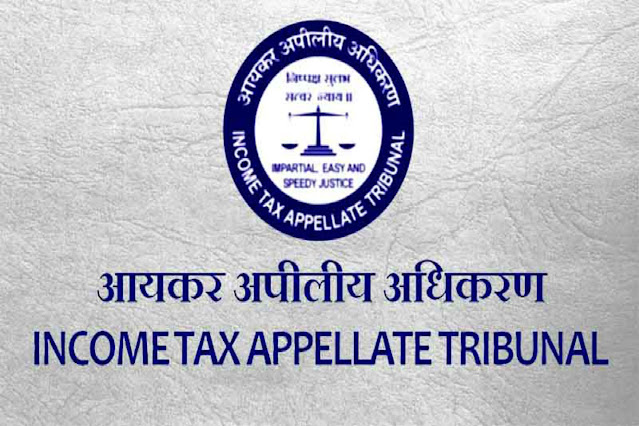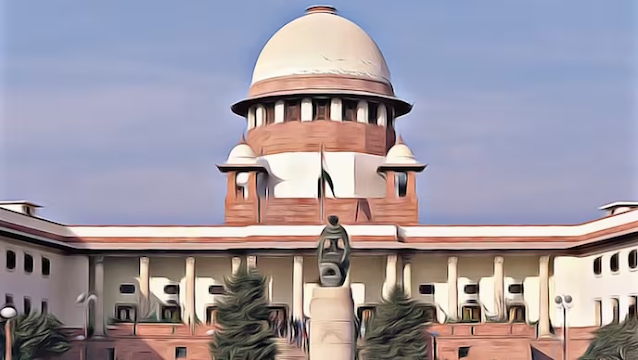J.M. Mahapatra, J.@mdashThe revision is directed against the judgment and order dated 17-1-1987 of the learned Additional Sessions Judge, Jeypore maintaining the conviction of the petitioner u/s 330, IPC and sentence of one year R. I. and fine of Rs. 500/- in default, S. I. for one month
2. Briefly stated, prosecution case is that about one month prior to the incident, a false report against the complainant, PW 4 and others was lodged at B. Singpur Police Station by one Sunadhar Bhatra on the instigation of Tarini Charan Tripathy, the second accused in the comphint case (since convicted ). The petitioner was the Officer-in-charge of the aforesaid P. S.. He called the complainant, PW 4 and three others at about 9 A. M. and made them sit on the verandah of the P. S. till about 6 P. M. The petitioner without Informing the complainant and others what offence they had committed or as to why they were called to the P. S., took down their signatures on blank papers as if they were being released on bail. The complainant and others made a complaint of this fact before the Collector, Koraput and the S. P. in writing against the high-handed action of the petitioner. On 18-5-1979 at about 4 P. M. the petitioner went to the village of the complainant, and through one constable by name Goudo called him. When the complainant came, the petitioner asked the constable to handcuff him, and accordingly the complainant was hand-cuffed, and thereafter the petitioner along with Tarini Charan Tripathy, started assaulting him demanding to disclose where he had kept the stolen property. The petitioner also abused the complainant in filthy language and told him to see the consequences of reporting against him. Next day the complainant was produced before the Sub-Divisional Judicial Magistrate, jeypoje under arrest, and he complained of ill-treatment by police. The Sub-Divisional Judicial Megistrate sent him for medical examination. On these allegations the iearned Sub-Divisional'' Judicial Magistrate, Jeypore took cognisance of the offence under Secs. 330 and 294 IPC, against the petitioner and u/s 323, IPC, against the other accused Tarini Charan Tripathy. The trial proceeded, and eventually the petitioner was found guilty and convicted u/s 330, IPC.
3. At the trial the plea of the petitioner is one of denial. It is stated that the petitioner did not assault nor hand-cuff the complainant. It is specifically pleaded that the complainant being involved in a theft case in B. Singpur P. S. Case No. 42/79 was arrested and forwarded to Court. As the petitioner refused bail to him, he has falsely filed the present complaint against him.
4. The learned trial Court relying on the ocular testimony of the witnesses, PWs 1 to 3 the complainant (PW 4 ) and the medical evidence of PW 7, has accepted the prosecution case and accordingly convicted the petitioner of the offence u/s 330, IPC. The learned Additional Sessions Judge also maintained the conviction and sentence of the petitioner. Hence the present revision.
5. Mr. Ray the learned counsel appearing for the petitioner, apart from assailing the findings of the learned Court below on merits, has strenuously urged that for want of sanction as required u/s 197 of the Code of Criminal Procedure before initiation of the proceeding against the petitioner who was a police officer at the material time the entire trial is vitiated and as such the conviction is to be quashed. Mr. Swain appearing for the opp. party (complainant in the trial Court) has on the other hand, contended that having regard to the facts and circumstances of the case no sanction as required u/s 197, Cr. P. C. was necessary, and as such initiation of the proceeding, the trial and the conviction -cannot be said to have been vitiated. As the question of sanction goes to the root of the matter, I was addressed by the learned counsel on both sides mainly on this point, apart from merits of the case. I, therefore, propose to discuss the question argued at the Bar as to whether on the facts and circumstances of the present case previous sanction as required u/s 197(1) Cr. P C, was necessary and whether want of sanction prior to the initiation of the proceeding has vitiated the entire porceeding. lt would be profitable to excerpt the relevant provision of Section 197(1) Cr. P.C. hereunder :
"197. Prosecution of Judges and public servants :__(1) When any person who is or was a Judge or Magistrate or a public servant not removable from his office save by or with the sanction of the Government is accused of any offence alleged to have been committed by him while acting or puporting to act in the discharge of his official duty, no Court shall take cognizance of such offence except with the previous sanction__
(a) in the case of a person who is employed or, as the case may be, was at the time of commission of the alleged offence employed, in connection with the affairs of the Union of the Central Government ;
(b) in the case of a person who is employed on, as the case may be, was at the time of commission of the alleged offence employed in connection with the affairs of a State, or the State Government."
It is admitted on both sides that in this case no sanction was obtained either prior to or during the course of the trial of the case. The learned counsel on both sides have relied on certain authorities on the point. Mr. Ray on 60 (1985) CLT 164 (Bishnu Prasad Mohapatra v. Ramesh Sahu) and
".........While the law is well settled the difficulty really arises in applying the law to the facts of any particular case. The intention behind the sanction is to prevent public servants from being unnecessarily harassed. The action is not restricted only to cases of anything purported to be done in good faith, for a person who ostensibly acts in execution of his duty still purports so to act, although he may have a dishonest intention. Nor is it confined to cases where the act, which constitutes the offence, is the official duty of the official concerned. Such an interpretation would involve a contradiction in terms, because an offence can never be an official duty. The offence should have been committed when an act is done In the execution of duty. The test appears to be not that the offence is capable of being committed only by a public servant in an act done or purporting to be done in the execution of his duty. The section cannot be confined to only such acts as are done by a public servant directly in pursuance of his public office, though in exress of the duty or under a mistaken belief as to the existence of such duty. Nor did the act constituting the offence be so inseparably connected with the official duty as to form part and parcel for the same transaction. What is necessary is that the offence must be in respect of an act done or purported to be done in the discharge of an official duty. It does not apply to acts done purely in a private capacity by a public servant. Expressions such as the capcity in which the act is performed ''cloak of office and ''professed exercise of office'' may and always be appropriate to descrine or delinit the scope of the section. An act merely because it was done negligently does not cease to be one done or purporting to be done in execution of a duty........."
6. The facts of the present case as revealed from the complaint petition which was the basis for obtaining prior sanction for the prosecution of the petitioner, would go to show that on the complaint of one Sunadhar Bhatra, the complainant Devaraj Panigrahi was sent for to the Police Station, made to sit there and further that the petitioner had been to the village of the complainant where he arrested him and forwarded him to Court in custody. In connection with these actions of the petitioner, the complainant had alleged certain overt acts against the petitioner, namely, assault, hurling of abusive words, hand-cuffing and perading him on the village street.
7. Judging the facts of the present case in the legal perspective discussed above, I am of the view that the acts complained of against the petitioner cannot be said to have been done in the private capacity of the petitioner, but on the other hand, the acts complained of would partake of the character of acts done in the discharge or purported discharge of the official duty of the petitioner, namely, to effect the arrest of the complainant, PW 4 and to do other statutory duties in a police case referred to earlier, in such state of affairs, I am unable to accept the contention raised by Mr. Swain that the acts complained of in the present case do not attract the provisions of Section 197 of the Code. On the other hand, even if the acts complained of are taken to have been proved to the hilt, it cannot be said that these were not performed by the petitioner in discharge or in purported discharge of his official duty as a police officer. It is enjoined by the Apex Court that even if in discharge of one''s official duty, any excess is committed the acts . complained of would atract the question of prior sanction as required u/s 197, Cr. P. C,
8. On the aforesaid analysis, I am of the view having legard to the facts and circumstances of the case and the materials on record that sanction u/s 197 Cr. P. C. was a condition pre-requisite for initiation of the proceeding against the petitioner and no sanction having been obtained fo.'' launching of the present criminal prosecution against him, the entire proceeding right from taking cognisance of the case, would be said to be vitiated. In such view of the matter, the order of conviction and sentence passed against the petitioner cannot be sustained. I would like to mention here that as the question of want of sanction goes to the root of the matter, and as the want of sanction has vitiated the entire proceeding, I do not think it necessary to enter into the merits the case on its factual aspects.
9. In the light of my foregoing discussions, the revision is allowed, and the conviction and sentence of the petitioner are set aside. The petitioner be discharged from his bail bond.

